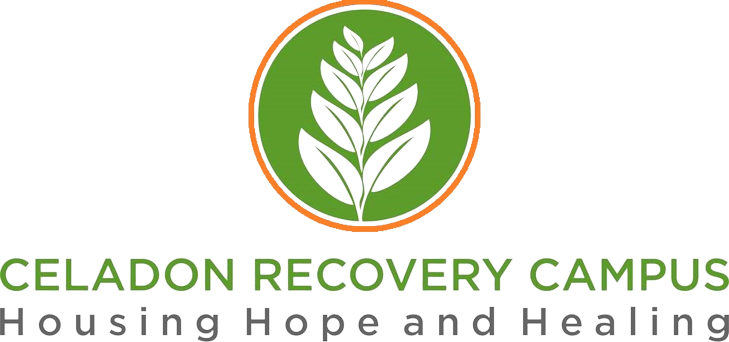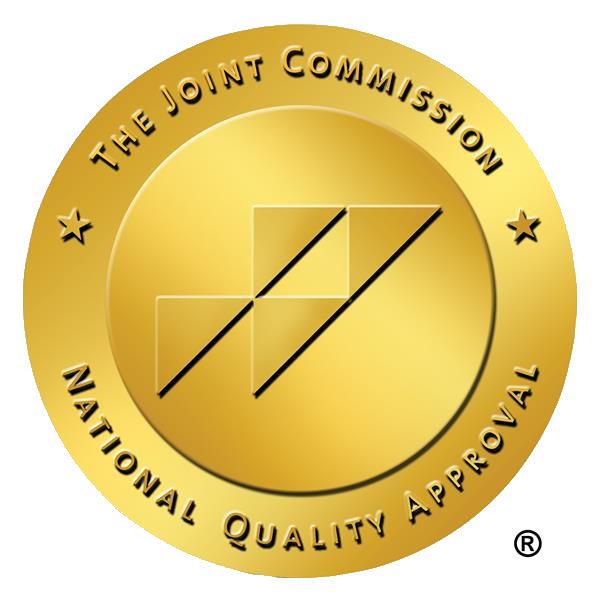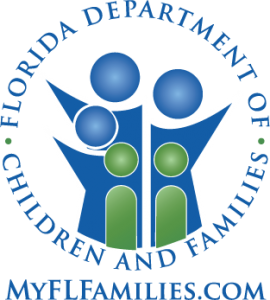
Alcoholism is a devastating disease. It destroys careers, families, and lives. The further a person sinks into addiction, the harder it becomes to find help and enter recovery. Therefore, it is crucial to recognize the early signs of alcoholism.
Binge drinking
The first stage of alcoholism is experimentation. Many young adults enter this stage in social situations that encourage binge drinking.
Binge drinking is defined as drinking enough to result in a blood alcohol level of 0.08 g/dl or higher. Generally, this occurs when males drink five or more drinks, or females drink four or more drinks in two hours.
Blackouts and memory loss
Another sign of alcoholism is drinking to the point of blackout or memory loss. Alcohol can cause two kinds of blackouts. The first is known as a fragmentary blackout. In this kind of blackout, the drinker retains some memories but loses long periods. The second kind, en bloc blackouts, result in no memories whatsoever.
Excuses for drinking
Another budding alcohol abuse sign is constantly making excuses to drink. For an alcoholic, any occurrence is an excuse to have a few drinks. Common excuses include needing to drink to relax, recover from a stressful day, celebrate insignificant events like a sports team winning a game, or “loosen up” for a social event.
Irritability and mood swings
Alcoholics often exhibit extreme irritability and mood swings, especially in situations where they cannot drink. In many cases, alcoholics will be moody and snappish until they have their first drink of the day.
They have developed an alcohol dependency, so they don’t “feel like themselves” until they have some alcohol in their systems. This results in snapping at people around them and severe mood swings.
Interference with responsibilities
One of the most unmistakable signs of alcoholism is when drinking begins to interfere with a person’s obligations. When a person skips out on work or family responsibilities to drink instead, that’s a red flag.
Canceling social plans to stay home to drink, missing class to have a few drinks instead, skipping out on family gatherings in favor of the bar – these are obvious signs of alcoholism.
Isolation and social withdrawal
As alcoholism progresses, the addict often withdraws from family and friends. Drinking leads to increased isolation, which leads to loneliness, which leads to more drinking in an attempt to cope with that loneliness.
This withdrawal sometimes becomes especially pronounced when friends and family point out their concerns about the addict’s drinking habits. Often, an alcoholic will avoid anyone who may try to convince them not to drink, turning to a bottle instead.
Drinking solo
Drinking is often a social activity. Parties, bars, and cultural events offer alcoholic beverages as a social lubricant. For people who don’t struggle with addiction, this is an innocuous practice that presents no problems.
The addict is not content to drink socially, however. If an alcoholic cannot find an event or public space to partake, they will simply drink alone. As alcoholism progresses and the need grows constant, alcoholics find themselves drinking alone daily.
Hiding drinking
Another clear warning sign of alcoholism is an attempt to hide that one has been drinking, even from close family members and friends.
Alcoholics will go to great lengths to hide bottles, cover the smell of alcohol on their breath, and otherwise obscure evidence of their addiction.
Drinker’s Nose
Rhinophyma, commonly referred to as ‘alcoholic nose’ or ‘drinker’s nose’, is a skin condition characterized by the swelling of the nose accompanied by a red and bumpy appearance. Studies dispute how much alcoholism is to blame for this condition, but it could be a good early indicator that someone is struggling with alcoholism even before they exhibit behavioral shifts.
Conclusion
If you know of anyone who you may suspect is struggling with alcoholism, encourage them to seek treatment. At Celadon, we ensure that every person is treated with respect and care, and we are dedicated to helping every individual on their recovery journey.
Give us a call anytime day or night:





